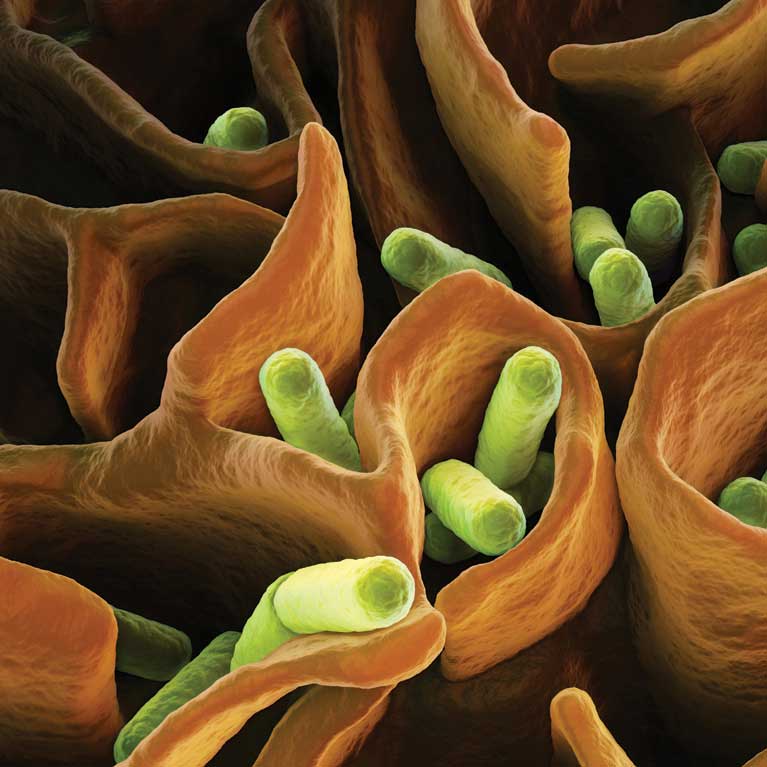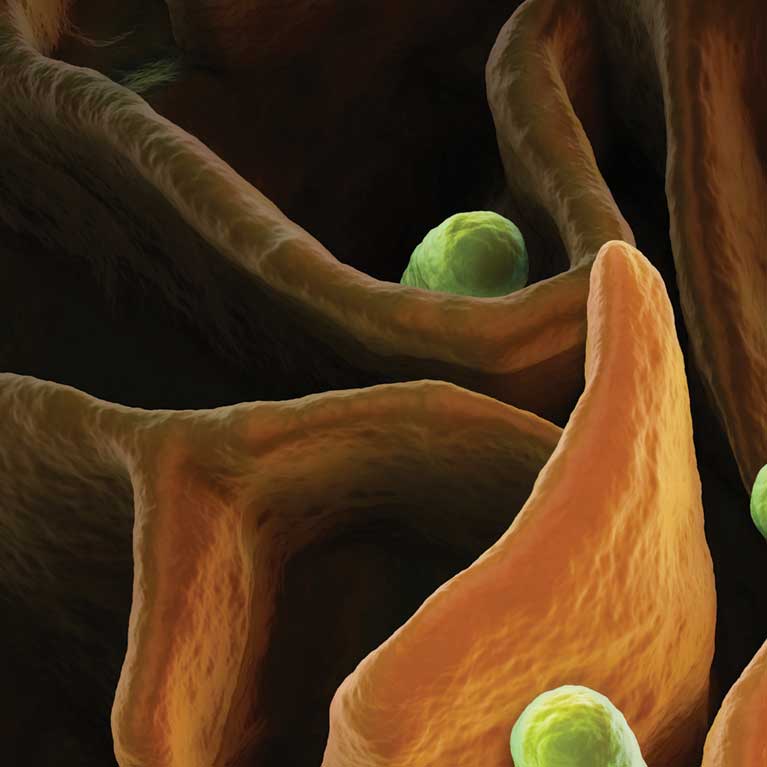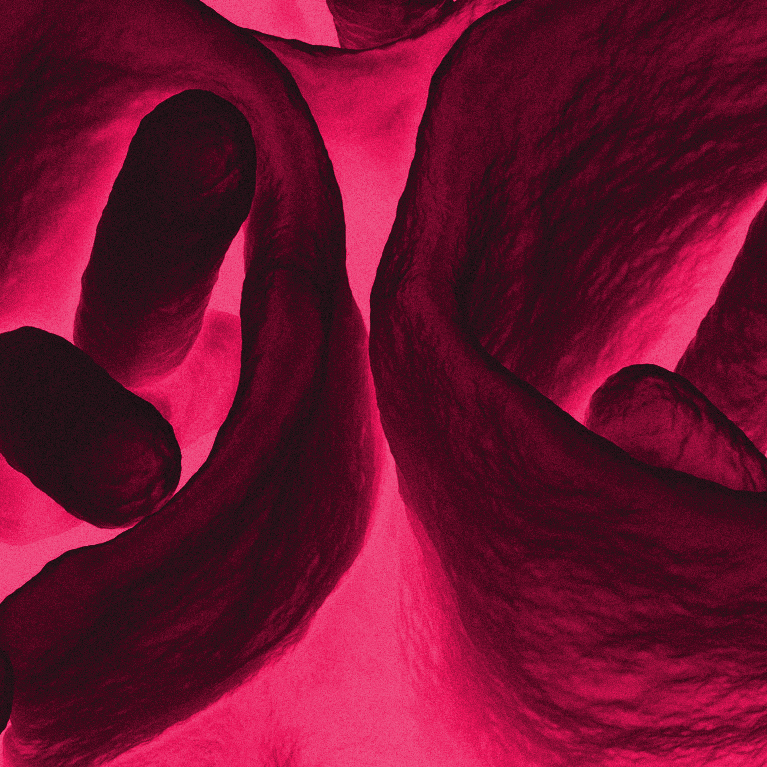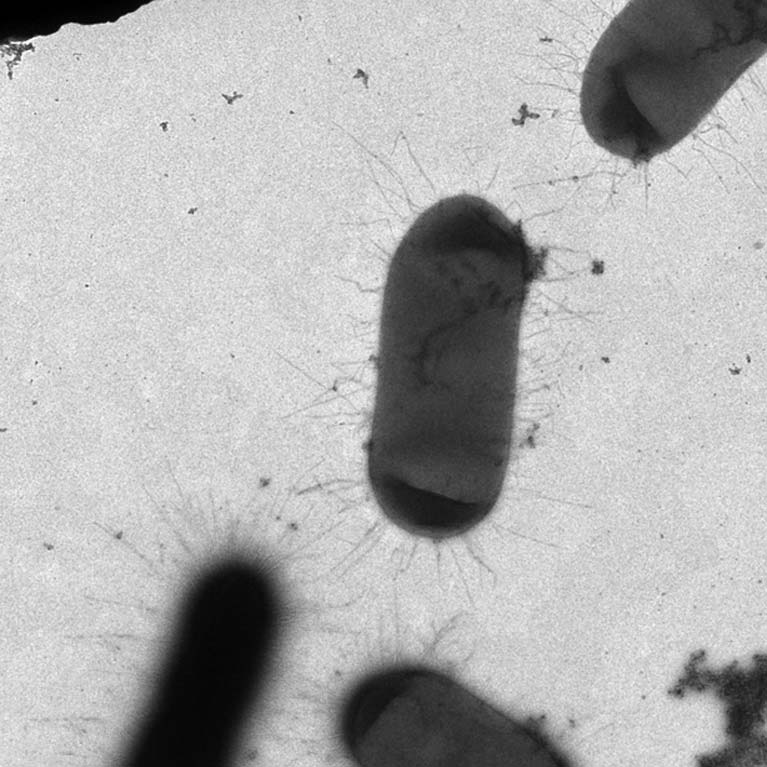Professor and Laboratory Head
Gene Expression Laboratory
Molecular and Systems Physiology Laboratory
NOMIS Center for Immunobiology and Microbial Pathogenesis
Howard Hughes Medical Institute Investigator
Salk Institute Legacy Chair


The current approach for treating infections relies on annihilating the pathogen using antibiotics, which has driven the global crisis of antibiotic-resistant infections and does not ensure that a person will survive their infection or return to a healthy state. However, health is an active process between host and pathogen for which microbial mechanisms to promote our health represent an unexplored aspect of host-microbe interactions. This provides an opportunity to uncover novel insights into health and disease.

Janelle Ayres is a molecular and systems physiologist who studies evolutionary theory and microbes to understand how all of our physiological systems and our brain interact with each other to promote optimal health. Ayres’ research into how our physiologies are regulated by microbes and the mechanisms by which microbes affect us is paving the way to an entirely new understanding of normal and dysfunctional biological processes.
How a host responds to a pathogen determines outcome of infection, and the long-standing belief was that a host needed to kill an invading pathogen in order to survive. Ayres’ discovery of the host “co-operative defense” system has challenged this notion. As part of her paradigm-shifting work, Ayres showed that a host can employ disease tolerance defenses executed by the co-operative defense system during infection that limits pathology and promotes host survival while having no effect on the pathogen. Ayres made a number of other breakthroughs in this area, revealing not only more about fundamental, dynamic biological processes but also charting discoveries that have potential translational applications for treating a wide array of diseases as well as ways to promote healthy aging.

In addition to discovering the host co-operative defense system and processes by which it can promote host survival, Ayres also demonstrated that a host can employ anti-virulence mechanisms executed by the co-operative defense system that changes the behavior of pathogens so that they do not cause disease in the host.

Ayres found that pathogenic and beneficial microbes have evolved mechanisms to promote the host co-operative defense system to support their own survival and transmission—by promoting the health of the host—revealing a beneficial role for microbes in the maintenance of host health.

Ayres demonstrated that promoting the co-operative defense system drives the evolution of pathogens into a type of symbiotic relationship called commensalism, reducing the overall threat of infections.
BA, Molecular & Cell Biology, University of California, Berkeley
PhD, Microbiology & Immunology, Stanford University
Postdoctoral Fellow, University of California, Berkeley